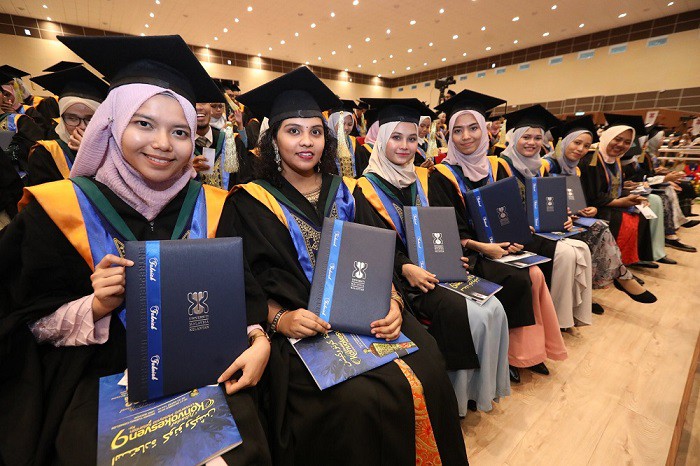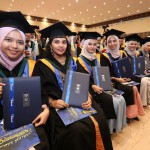The High Cost of Living
Malaysia, with its vibrant cities and diverse lifestyle offerings, is an attractive place for young graduates to begin their professional lives. However, the allure of urban living often collides with the reality of high living costs. The cost of daily necessities, such as groceries, transportation, and healthcare, has been on a steady rise. Coupled with increasing inflation rates, graduates find that their salaries may barely cover these fundamental expenses.
Housing Affordability Issues
One of the most daunting challenges for graduates in Malaysia is the dream of owning a home. Malaysia's property market has witnessed rapid price increases, rendering homes in urban centers unaffordable for many young professionals. As a result, graduates are faced with a conundrum: allocate a substantial portion of their income to rent or continue living with their families, compromising their independence.
The Impact on Financial Independence
The economic challenges posed by high living costs and housing affordability issues significantly impede graduates' efforts to achieve financial independence. A substantial portion of their income is directed toward essential expenses, leaving little room for savings or investments. This can delay their ability to build a financial safety net, plan for the future, or invest in opportunities that could enhance their financial well-being. Furthermore, the pressure to repay student loans, coupled with the burden of living expenses, can lead to prolonged financial dependence on their families. Graduates may find themselves unable to contribute to household expenses, which can affect their self-esteem and familial relationships.
Solutions and the Way Forward
Addressing these economic challenges requires a multi-faceted approach. Policymakers, educational institutions, and employers should work together to find viable solutions. These may include:
1. Affordable Housing Initiatives: The government can introduce policies to encourage the development of affordable housing, making homeownership more attainable for graduates.
2. Financial Literacy Education: Educational institutions can incorporate financial literacy courses into the curriculum to equip graduates with essential money management skills.
3. Higher Starting Salaries: Employers can consider offering competitive starting salaries that reflect the high living costs in urban areas.
4. Supportive Loan Repayment Plans: Financial institutions can explore flexible loan repayment options tailored to graduates' income levels.
5. Encouraging Remote Work: Promoting remote work opportunities can reduce the need for graduates to reside in high-cost urban areas.
Conclusion
The economic challenges faced by graduates in Malaysia, particularly the high cost of living and housing affordability issues, are substantial barriers to achieving financial independence. These challenges can impact their quality of life, career choices, and overall well-being. As Malaysia continues to evolve, it is essential for stakeholders to collaborate on solutions that empower graduates to navigate these economic challenges successfully and embark on their journey to financial independence with confidence.










